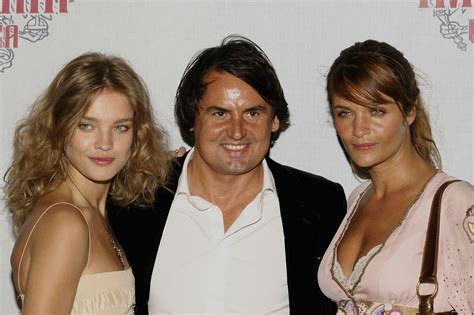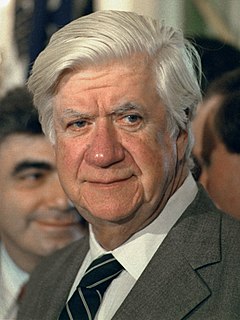A Quote by Mary Higgins Clark
Even though it was six o'clock, there was no sense of approaching dawn.
Related Quotes
[I remember going] to a hotel gym at six o'clock in the morning, and the television was on, and it's some drama in which two men have clearly kidnapped a woman. They're interrogating her, and they put a plastic bag over her head. They're suffocating her, and I'm thinking, It's six o'clock in the morning! Why does anybody need to see this? How can I find the off switch?
I remember the few times that happened to me in writing, where you basically start writing and you look at the clock and six hours have gone by and you're, like, "Whoa! What the hell just happened?" And that piece ends up in the final product even though the final product is three years away. It doesn't get rewritten. It came out the right way. But that's happened to me so few times in my life.
Would a minute have mattered? No, probably not, although his young son appeared to have a very accurate internal clock. Possibly even 2 minutes would be okay. Three minutes, even. You could go to five minutes, perhaps. But that was just it. If you could go for five minutes, then you'd go to ten, then half an hour, a couple of hours...and not see your son all evening. So that was that. Six o'clock, prompt. Every day. Read to young Sam. No excuses. He'd promised himself that. No excuses. No excuses at all. Once you had a good excuse, you opened the door to bad excuses.
There is usually a clock in our heads regarding decisions we make and the course of our lives. Sometimes this clock is helpful in that it get us to move rather than put off key actions. Other times, it creates us false sense of urgency that can cause us to overreact, lost patience and make poor decisions. In raising this issue in my book, I want people to be aware of the clock in their heads and question whether that clock is helping or hindering the quality of each particular decision.
This elaborate Golden Dawn system became part of Crowley's own inner world ... He carried it further than even the Golden Dawn principals had envisaged. I know of nothing within the Order documentary that even hints at the kind of visionary and spiritual experience that Crowley managed to get out of it.

































